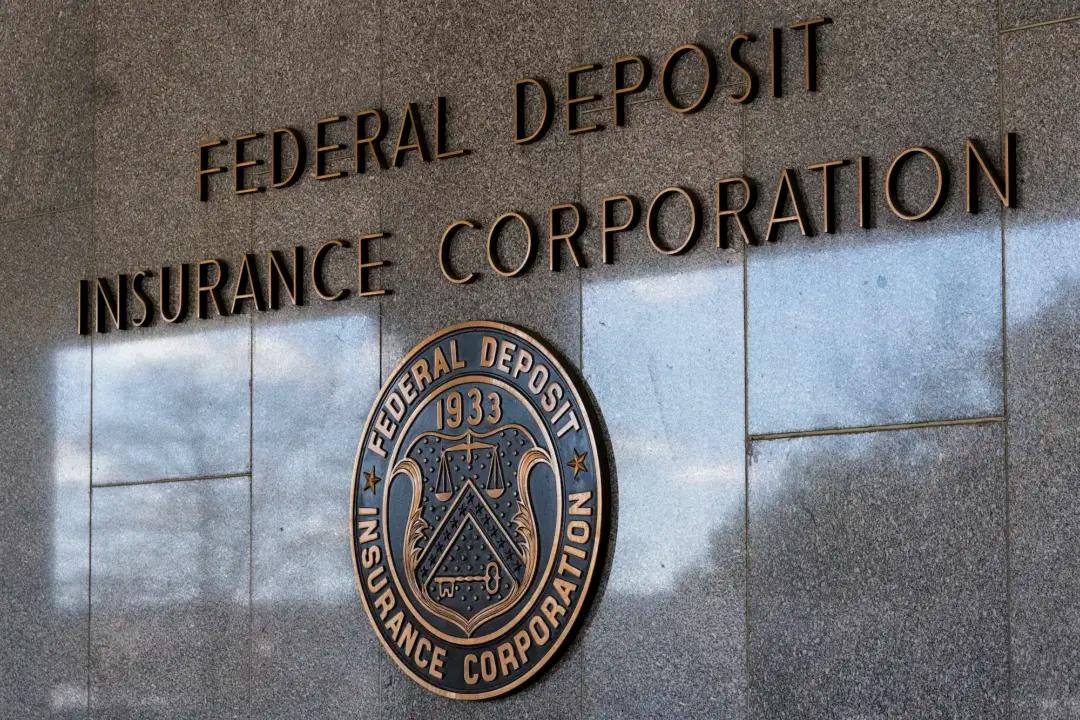The troubled Philadelphia-based Republic First Bank has imploded, with federal regulators seizing it and arranging for it to be taken over by fellow regional lender Fulton Financial, in the first bank failure of 2024.
The Federal Deposit Insurance Corp. (FDIC) announced on April 26 that Republic First Bank—which did business as Republic Bank—was seized and closed that day.





